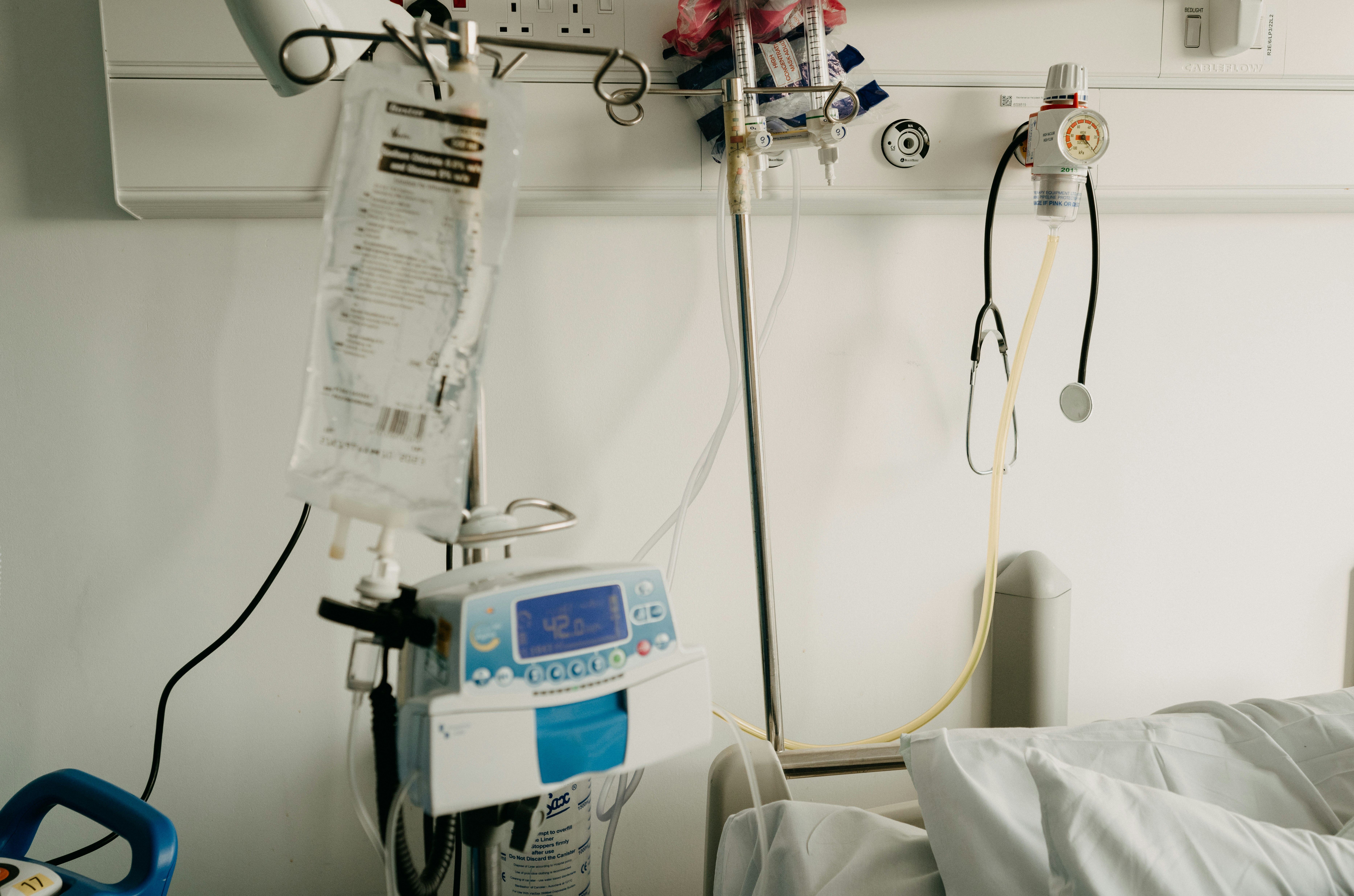Cancer patients who received a COVID-19 booster vaccine were less likely to be hospitalised with the virus
Embargoed until:
Publicly released:
2025-07-18 01:00
Cancer patients were less likely to end up in hospital due to COVID-19 if they received a booster vaccine, according to a US study. Because people with cancer are especially at risk of severe COVID-19, the researchers investigated how receiving a booster vaccine before 2022 or a bivalent COVID-19 vaccine between September 2022 and August 2023 influenced COVID-19-related hospitalisations. The researchers say the original booster was 29.2% effective at reducing hospitalisations, with one hospitalisation likely prevented for every 166 people vaccinated. The bivalent booster was 29.9% effective, the researchers estimate, preventing one hospitalisation for every 451 people vaccinated.
Journal/conference: JAMA Oncology
Research: Paper
Organisation/s: Kaiser Permanente Northern California, USA
Funder: This work was supported by the
NCI Serological Sciences Network (U01CA260584
to Drs Skarbinski and Kushi; U01CA260513 to
Dr Zidar; 2UG1CA189850-09S1 to Drs Ziemba and
Crawford and Ms Schleicher; 3U54CA260591-02S3
to Dr Figueiredo), the Physician Researcher
Program of The Permanente Medical Group
Delivery Science and Applied Research Program (Dr
Skarbinski), and the US Veterans Health
Administration (COVID19-8900-05 to Dr Zidar).
Media release
From: JAMA
About The Study: In this retrospective cohort study, COVID-19 booster vaccinations were associated with significant protection against severe COVID-19, with a favorable number needed to vaccinate among persons with cancer. However, uptake of COVID-19 vaccine boosters was low, and interventions are therefore justified to increase COVID-19 vaccine uptake in this high-risk population.
Attachments:
Note: Not all attachments are visible to the general public


